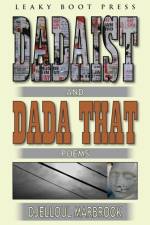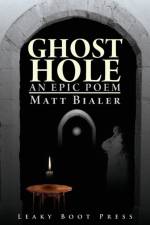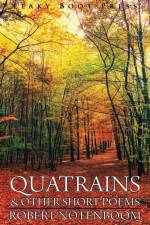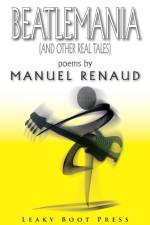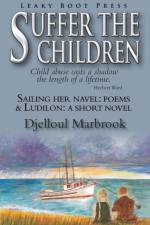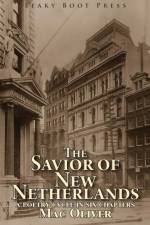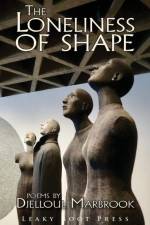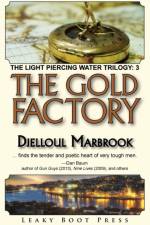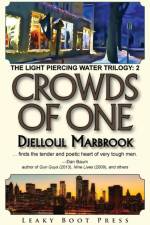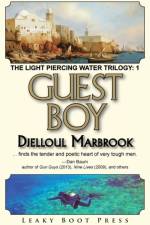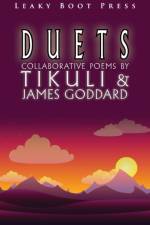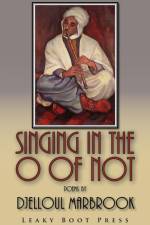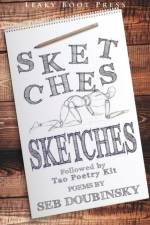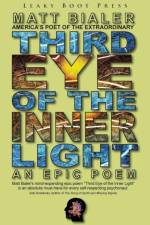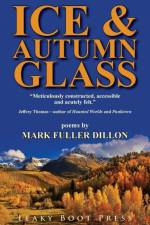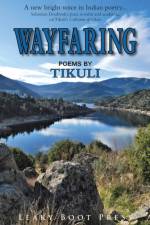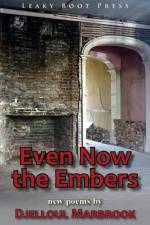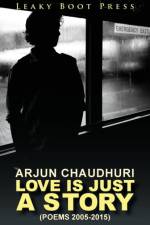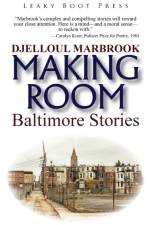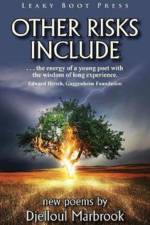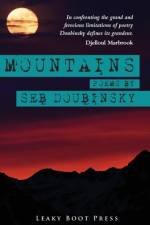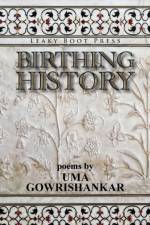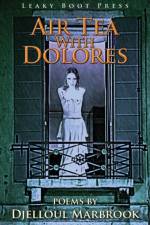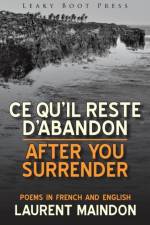av Mark Fuller Dillon
181
In Ice and Autumn Glass, Mark Dillon marries the Jacobean line and gothic imagery to a colloquial, thoroughly modern, goth-punk demotic, a frenzied coupling that yields up a species of frictive, delirious lyricism, a monstrous infant both old and new. This is a strong, accomplished debut, work imbued with the sensibility of a twenty-first century Beddoes, a Poe slumped over his eggs and ham in a midnight, neon-soaked diner, a Webster condemned to walk forever through thick, luminous snow, lost, bereft, and contemplating the skull beneath his own skin.Richard Calder-author of Dead Girls and BabylonA poet, W.H. Auden tells us, is a person who is passionately in love with language. That love is evident in everything Mark Fuller Dillon writes, but is perhaps more perfectly suited to the poetic form. That passion, coupled with his command of form is in abundance here. But poetry is more than the sum of its parts, and while language and form obviously play a pivotal role they are ultimately just the bones upon which flesh and blood poetry exists. Another Canadian poet, Leonard Cohen, referred to poetry as the evidence of life. It's the life that makes this collection remarkable, the flesh that Mark has placed upon the bones, the blood that flows through each and every carefully chosen word. Yes, these poems have strong bones, but they also have heart. They have a soul that reveals much about the poet and even more about ourselves.Jason E. Rolfe-author of ClocksThe poetry of Mark Fuller Dillon is born of a scintillating intellect. It is elegantly, meticulously constructed, one might say classical in composition, but it is far from stiff or affected. Indeed, the emotions conveyed - particularly of loss and longing - are accessible and acutely felt. There is, though, also humor herein (as in Abomination Corn, significantly written on April 1st), and much beauty. Often, nature is used as in the fiction and poetry of Thomas Hardy, to reflect the author's inner state. And always, that gorgeous craftsmanship. Poems such as This Heritage of Ice and Autumn Glass and Everything I Need Right Now, To Live share a striking relationship between their opening and closing lines, this bookending effect giving their respective last lines a powerful "oomph." There are, in fact, many lines throughout that give me that gut punch effect, as in this from Perspective: "I write because I spend my nights alone...As many living do, and all the dead." So engage your mind, and your emotions, and gaze into the reflective surface of Ice & Autumn Glass.Jeffrey Thomas, author of Haunted Worlds and PunktownMark Fuller Dillon lives in Québec, where the Gatineau Hills region has long been the central influence on his writing. He has had stories published in All Hallows, Alone On the Darkside and Weird Fiction Review. Two novellas, All Roads Lead to Winter and At First You Hear the Silence, and one collection, In a Season of Dead Weather, are available from his website at markfullerdillon.blogspot.ca and from Smashwords.com.

